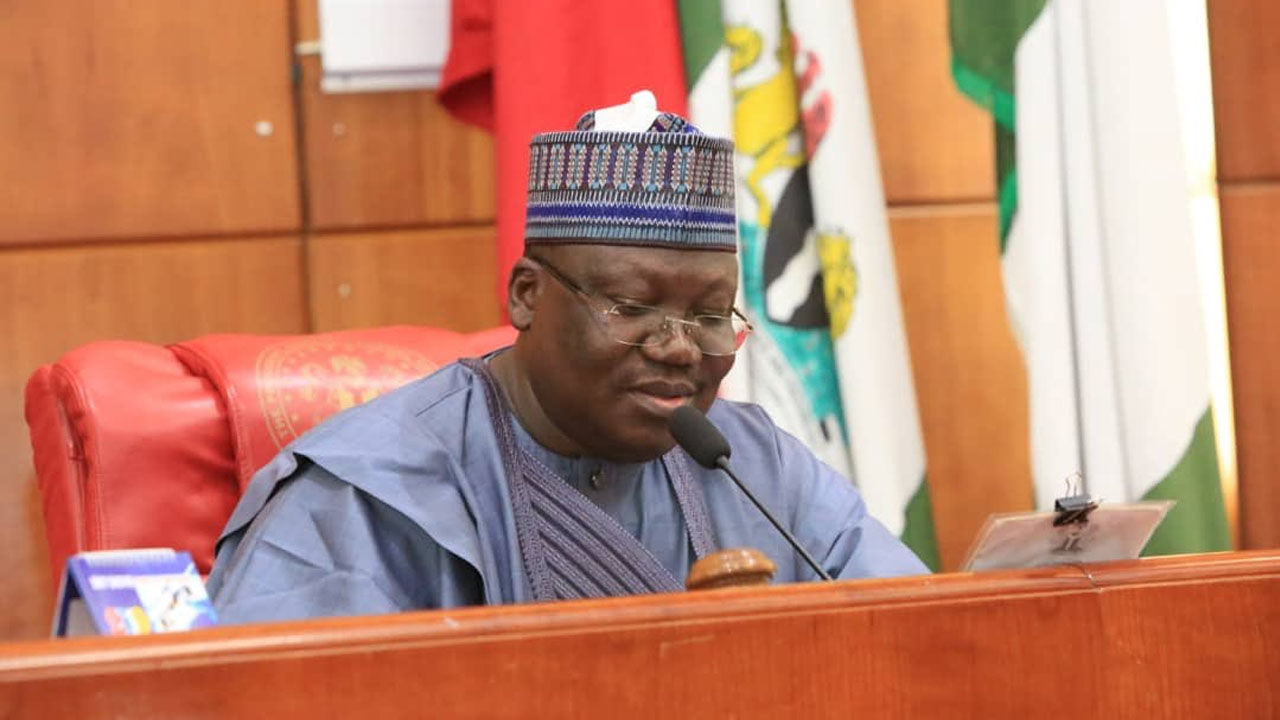DAPPMAN: ‘NMDPRA’s reforms drive stability, spur fresh investments in downstream sector’
The Petroleum Industry Act (PIA), passed in 2021, has attracted $16 billion in oil and gas investment commitments, a surge from the $55 million baseline recorded in 2020.
This was disclosed by the Deputy Speaker of the House of Representatives, Benjamin Kalu, during a lecture at the 2025 General Counsel and Legal Advisers Forum, hosted by the Nigerian Midstream and Downstream Petroleum Regulatory Authority (NMDPRA) in Abuja.
Relatedly, the Depot and Petroleum Products Marketers Association of Nigeria (DAPPMAN) said strategic regulatory reforms by NMDPRA helped stabilise the country’s downstream oil sector, attract fresh investments and restore investor confidence.
Speaking on the theme, ‘Advancing a Collaborative Compliance Culture in Nigeria’s Midstream and Downstream Petroleum Sectors’, Kalu described the PIA as a game-changer that is reshaping the country’s petroleum landscape by ushering in a clear and transparent regulatory regime.
The law replaced decades of fragmented legislation and established two dedicated regulators, the Nigerian Upstream Petroleum Regulatory Commission (NUPRC) and the NMDPRA, each tasked with streamlining oversight and compliance across their respective domains.
According to him, the impact of the Act is already visible in both revenue and operational efficiency, stressing that in 2023, the NUPRC reported a 14.89 per cent increase in revenue, amounting to N4.344 trillion.
Disclosing that $79.4 million was lost yearly to crude oil theft, Kalu, who was represented by his colleague from Imo State, Ikenga Ugochinyere, said the country recorded and monitored 571 oil spill incidents, 59 per cent of which were attributed to sabotage.
In the downstream and midstream sectors, he added, NMDPRA is leading efforts to enforce licensing compliance under the PIA, aiming to foster safer operations and protect the environment.
He said the reforms also helped to revive oil production, noting that by December 2024, Nigeria’s output climbed to 1.69 million barrels per day (bpd), the highest in nearly four years, signalling a rebound from a 23 per cent decline witnessed between 2020 and 2022.
NMDPRA, at the event, called for enhanced regulatory compliance across the sector, urging legal practitioners to support a unified compliance culture.
Executive Secretary (ES) of DAPPMAN, Olufemi Adewole, said the NMDPRA’s “firm, fair and functional” oversight under the leadership of Farouk Ahmed strengthened operational efficiency, ensured product availability and positioned the downstream market for sustainable growth.
“DAPPMAN applauds the commitment of NMDPRA to fostering a competitive market, enhancing energy security and encouraging innovation as the sector responds to unfolding global oil and gas market challenges and opportunities,” he said.
He explained that transparent regulation and consistent engagement with stakeholders combined to attract new capital, streamline licensing and encourage private sector participation across refining and distribution.
According to the NMDPRA’s 2024 Industry Brief, about $1.2 billion has been invested in modular refinery projects since 2022, demonstrating rising investor confidence in the sector’s future.
Adewole also highlighted the collaboration between the NMDPRA, the Nigerian National Petroleum Company Limited (NNPCL) and other stakeholders, which helped reduce fuel scarcity incidents and ensured steady nationwide supply, an improvement compared to previous years of recurrent shortages.
He noted that the NMDPRA’s adoption of the Automated Downstream System (ADS) strengthened real-time monitoring of product distribution, curbed hoarding and illegal sales, as well as boosted compliance.
A recent NNPC Security Report confirms that tougher anti-smuggling measures put in place by NMDPRA have cut cross-border fuel diversion by 35 per cent, further safeguarding local supply.
The ES said the authority’s zero-tolerance approach to fuel adulteration drove significant improvements in product quality, with a 98 per cent compliance rate now recorded across major depots.
He pointed to the PIA as the legal framework that empowered NMDPRA to deliver market-driven policies, including the deregulation of the downstream sector, price liberalisation and the creation of a more competitive market.






